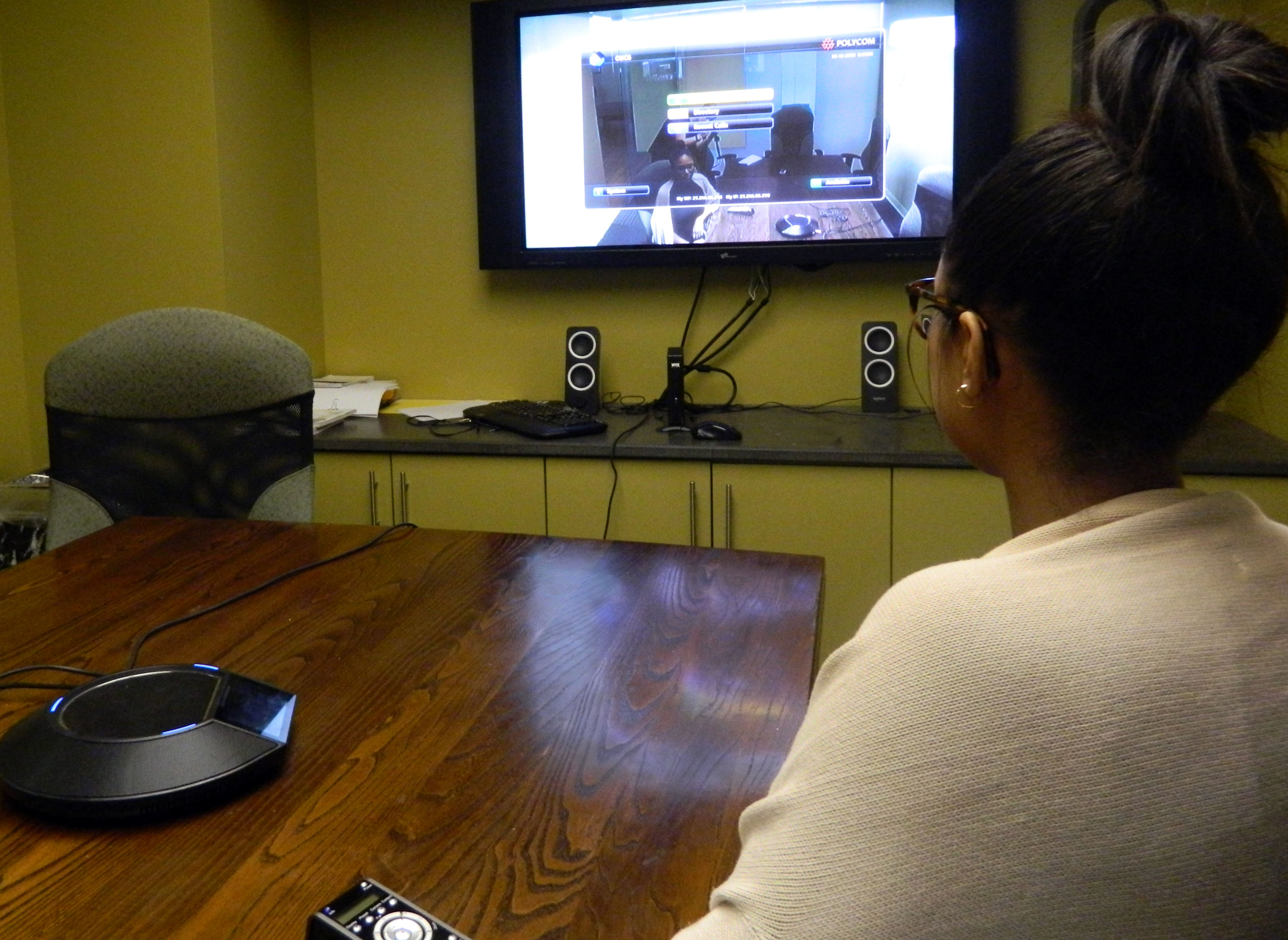Blog

The Path Home, Easing the Transition
June 14, 2018For over three decades, our Housing Resource Center (HRC) has connected people to homes. It specializes in helping homeless and incarcerated individuals to access information and referrals for mental health supportive housing. The program’s Reentry Coordination System (RCS) helps people transitioning from New York State incarceration into New York City communities find housing and care.
The RCS is a joint initiative with the New York State Office of Mental Health (OMH) funded by the Department of Mental Health and Hygiene. It facilitates referrals to supportive housing, forensic case management and coordinated care services for incarcerated individuals prior to their release from New York State prisons into New York City.
“Over time we have come to learn how important it is to comprehensively reintegrate individuals back into the community to give them the best opportunity for a successful transition with the hopes of ending the cycle of incarceration,” Anica explains.
CUCS was approached in 2009 to lead this initiative after working in the prison system to coordinate entitlements. “In the beginning, RCS only facilitated housing placements. It has expanded over the years and today it coordinates forensic case management and outpatient mental health treatment referrals,” explains Anica Velez, HRC’s Program Director.
On average, there are 400 to 500 people released to New York City every year. RCS liaisons work with each client’s OMH pre-release coordinator, as well as community providers, to facilitate their transition out of the prison system. The goal is to have the care and housing referrals solidified prior to an individual’s release to ease their transition back into the community.
Access to the RCS program is determined by OMH pre-release coordinators. Depending on their needs, RCS liaisons refer each individual to a forensic case management provider and outpatient mental health treatment provider. Outpatient mental health treatment appointments are scheduled for individuals two weeks after their release so they can start receiving the care they need immediately upon reentry. For those in need of mental health supportive housing, RCS liaisons work with OMH pre-release coordinators to provide referral assistance and facilitate video teleconference interviews with the goal of obtaining housing prior to release.
“Supportive housing programs often require interviews before a perspective resident can be approved for move in, which can be nearly impossible for people in prison to complete prior to their release,” Anica explains. “To solve this problem, we schedule video teleconferences.” The video teleconferences are held at the CUCS office where the provider and the RCS liaison call into the prison so that the interview can be facilitated.
Anica describes the RCS team as the “wizards behind the curtain,” working behind the scenes to ensure people have smooth transitions into the community after their time in prison. With their help, people are able to transition out of prison and into their new communities with an established care network and a home to call their own.
